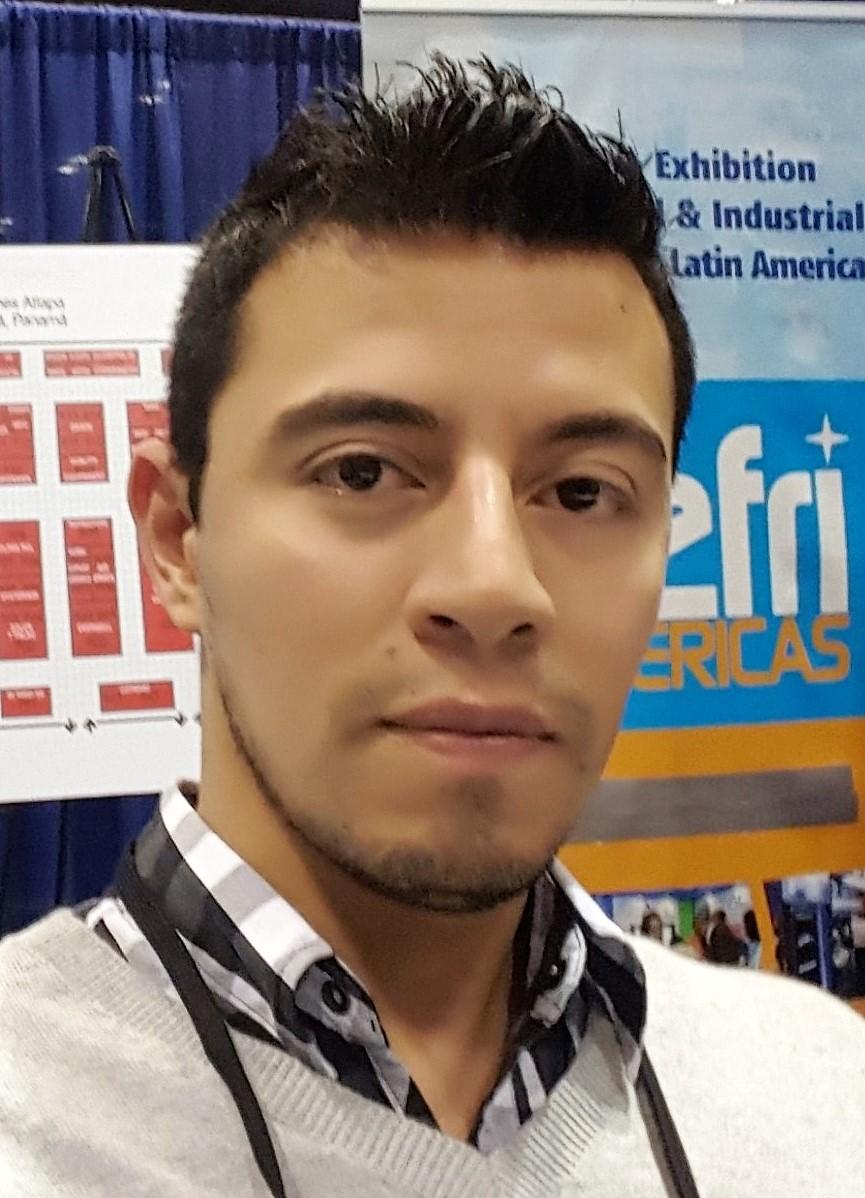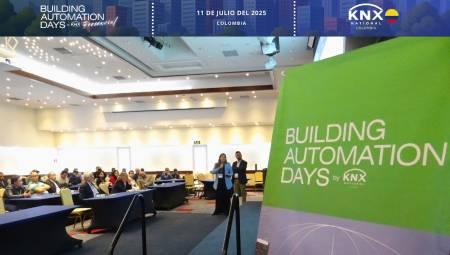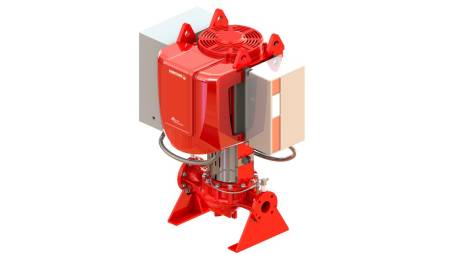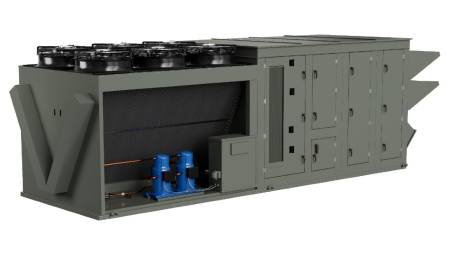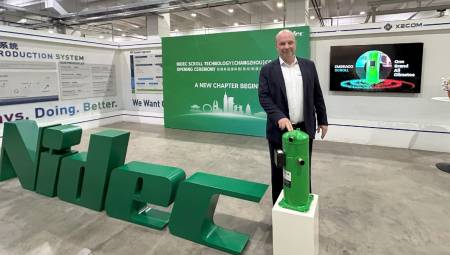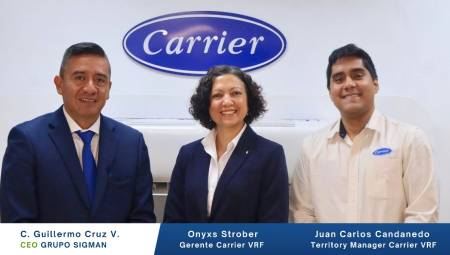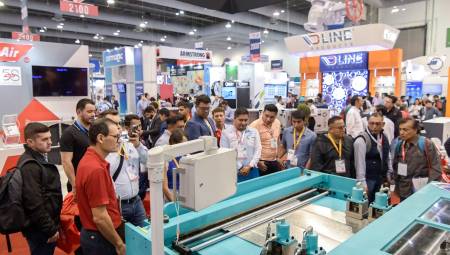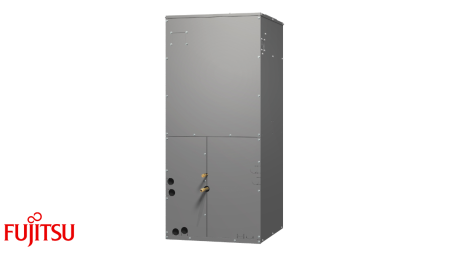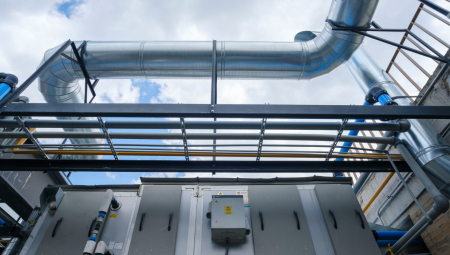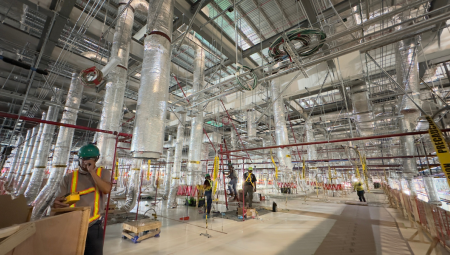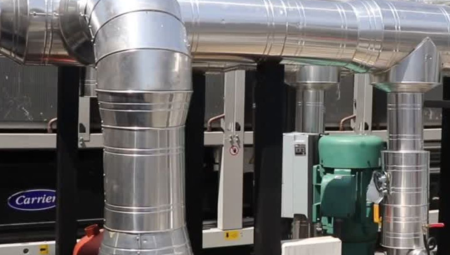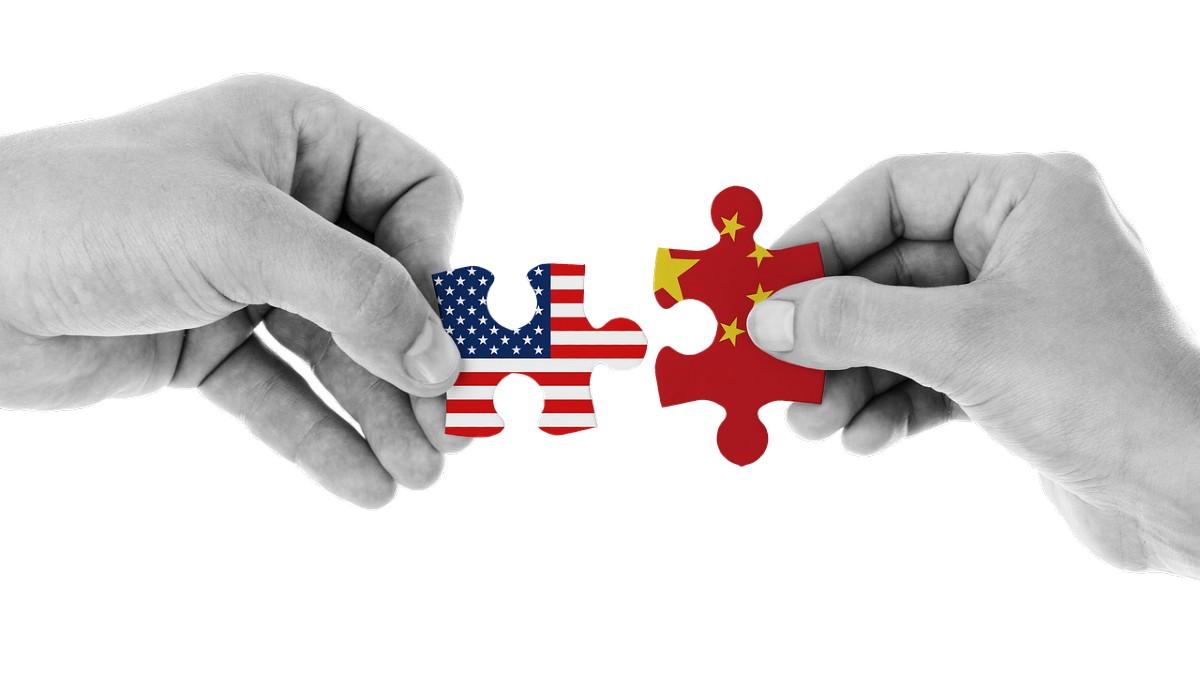 International. The United States and China yesterday affirmed their joint commitment to phase out HFCs in accordance with the Kigali Amendment to the Montreal Protocol, following two days of talks between US Presidential Special Envoy for Climate John Kerry and China's Special Envoy for Climate Change Xie Zhenhua.
International. The United States and China yesterday affirmed their joint commitment to phase out HFCs in accordance with the Kigali Amendment to the Montreal Protocol, following two days of talks between US Presidential Special Envoy for Climate John Kerry and China's Special Envoy for Climate Change Xie Zhenhua.
The joint statement, part of a broader package of collaborative approaches to addressing the climate crisis, builds on news of China's decision to accept the Kigali Amendment last week.
President Xi Jinping said China has decided to accept the Kigali Amendment to the Montreal Protocol on Substances that Deplete the Ozone Layer today. The announcement, part of a conversation with Chancellor Merkel of Germany and President Macron of France, is a major global climate victory that should also give a confidence boost to the broader climate talks that are heating up this year.
The move will also solidify China's climate credentials at the Montreal Protocol forum, which focuses on cooling-related industries using fluorocarbon technology, and signals to several other major economies that China is fully on board the important market transition already underway. Market players and governments should take from China's ratification announcement a clear signal that climate ambition in the refrigeration sector is fast becoming a necessity to remain competitive in the global market.
The Kigali Amendment aims to reduce HFC production worldwide by at least 80 percent over the next few decades under the Montreal Protocol. Commonly used in air conditioners, refrigeration equipment and foam insulation, HFCs are super greenhouse gases that, pound for pound, are on average several thousand times more potent than CO2 as a contributor to climate change. If fully implemented, the Kigali Amendment could prevent up to 0.5°C of global warming by the end of this century.
China's ratification could not be more important to the success of the global elimination of HFCs. The country's formidable manufacturing base produces about 70% of the world's room air conditioners and much of the world's other appliances that use HFCs. China's chemical industry also produces the vast majority of the world's HFC gases today. Thus, China's participation in Kigali contributes more than half of the world's HFC production and use.
There are likely to be some next steps before China's ratification becomes official. Once it is ready, the government will send the formal documentation, called an instrument of ratification, to the United Nations. Once the instrument of ratification is deposited with the UN, everything will be said and done.
The United States is also ready to act
The U.S.-China dialogue was a key ingredient for success in the global talks that led to the HFC phase-out agreement. In 2013, Presidents Barack Obama and Xi Jinping agreed to work together toward an amendment to the Montreal Protocol to guide a global transition to more climate-friendly cooling gases. Diplomats from the two countries played a key role in multilateral negotiations that led to the sledgehammer falling in Kigali in 2016.
This January, President Biden announced the U.S. intention to ratify Kigali, and ordered the State Department to prepare to submit it to the Senate for advice and consent to ratification. Submission to the United States Senate is expected soon.
The United States is already moving to meet its obligations under the Kigali Amendment through domestic laws and regulations. Congress enacted the national implementation law, the American Innovation and Manufacturing Act (AIM), in late 2020, which requires mandatory nationwide reductions in HFCs in line with the Kigali Amendment schedule. The AIM Act equips the U.S. Environmental Protection Agency. With the necessary tools to make a quick and smooth transition of each segment of the HFC market towards more climate-friendly alternatives. The US is likely to fully comply with Kigali through the AIM Act in early 2022.
Benefits of the world
The move by China and the United States to ratify provides a strong signal to the rest of the world that the two largest economies are committed to the Kigali Amendment and will help other countries come together to deliver their environmental and economic benefits.
Between now and 2050, the full implementation of the Kigali Amendment is expected to avoid as much climate-warming pollution as it does the entire planet for two full years. All in all, we will avoid up to 0.5°C of unnecessary climate warming by the end of the century.
Source: Cool Coalition.


